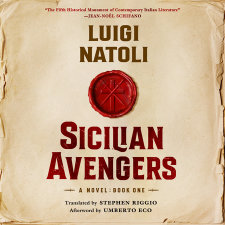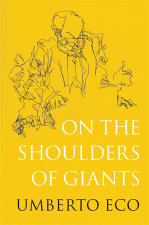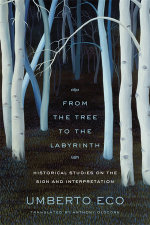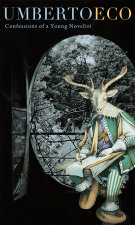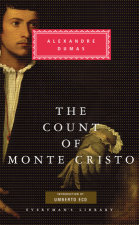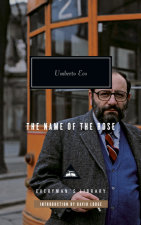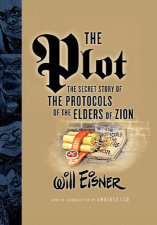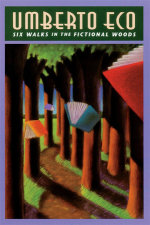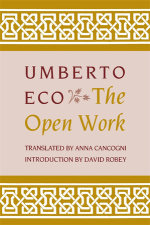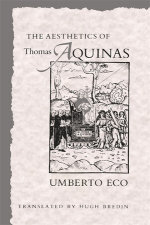From the Tree to the Labyrinth
Historical Studies on the Sign and Interpretation

The way we create and organize knowledge is the theme of From the Tree to the Labyrinth, a major achievement by one of the world’s foremost thinkers on language and interpretation. Umberto Eco begins by arguing that our familiar system of classification by genus and species derives from the Neo-Platonist idea of a “tree of knowledge.” He then moves to the idea of the dictionary, which—like a tree whose trunk anchors a great hierarchy of branching categories—orders knowledge into a matrix of definitions. In Eco’s view, though, the dictionary is too rigid: it turns knowledge into a closed system. A more flexible organizational scheme is the encyclopedia, which—instead of resembling a tree with finite branches—offers a labyrinth of never-ending pathways.…
$70.00
February 25, 2014
Umberto Eco is a professor of semiotics at the University of Bologna. His other books include Foucault's Pendulum, The Island of the Day Before, and three collections of popular essays, Travels in Hyperreality, Misreadings, and How to Travel with a Salmon and Other Essays. He lives in Milan.
*****************
Umberto Eco, ensayista italiano de renombre internacional y profesor en la universidad de Bolonia, hizo su entrada triunfal en el mundo de la ficción hace más de treinta años con El nombre de la rosa, una novela que lo convirtió en un autor admirado tanto por la crítica como por el gran público. A este primer éxito siguieron El péndulo de Foucault, La isla del día de antes, Baudolino y La misteriosa llama de la reina…

